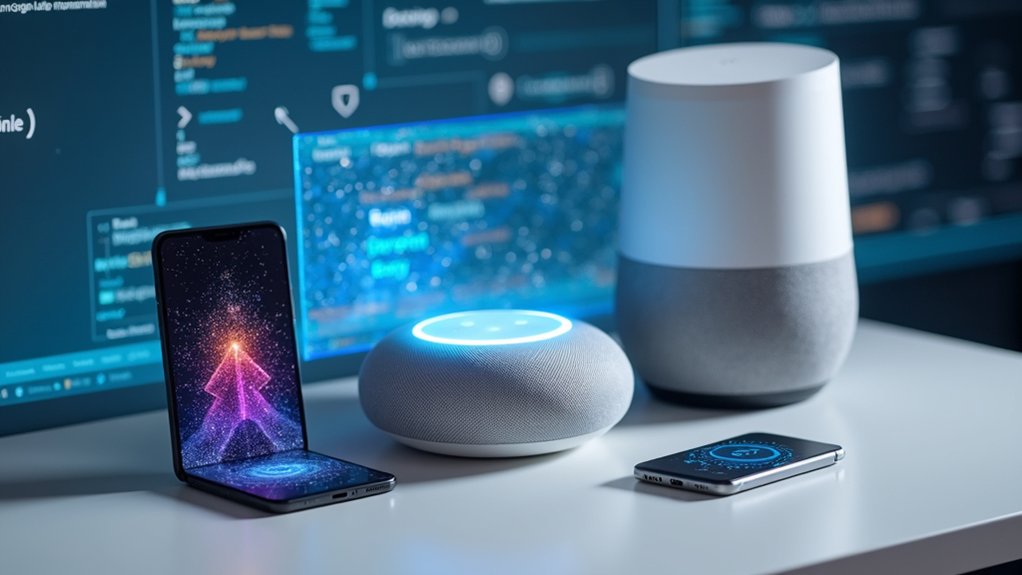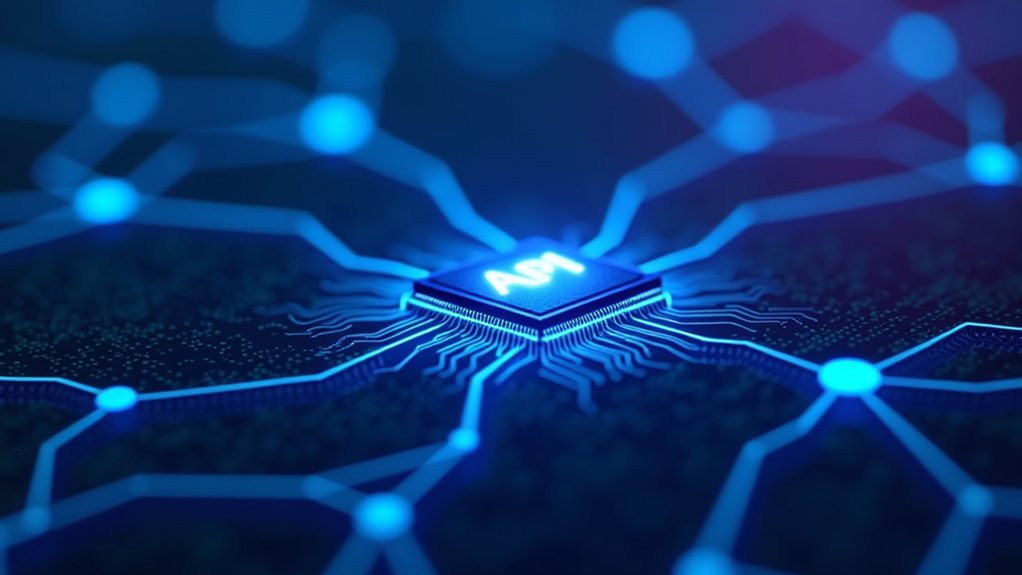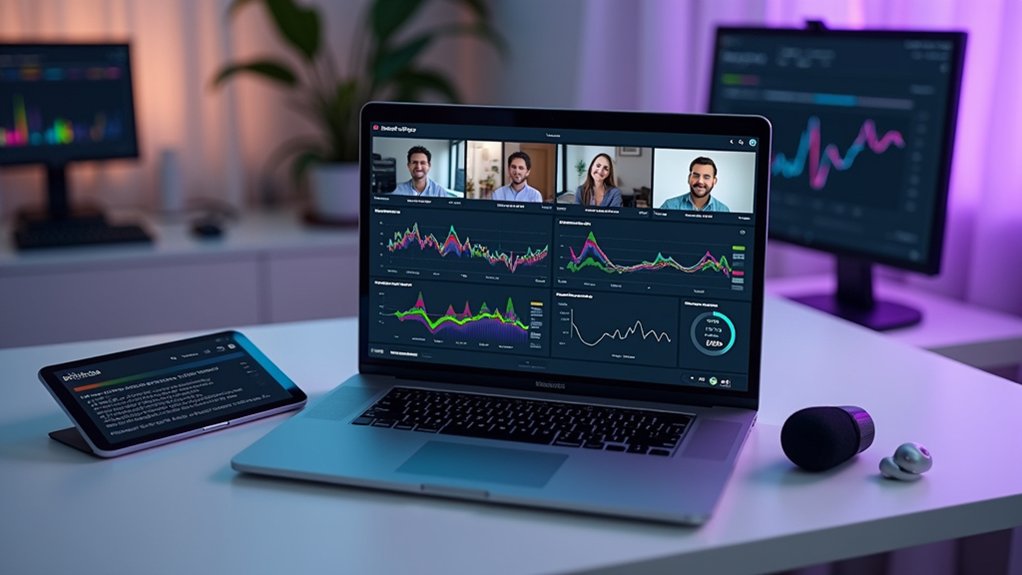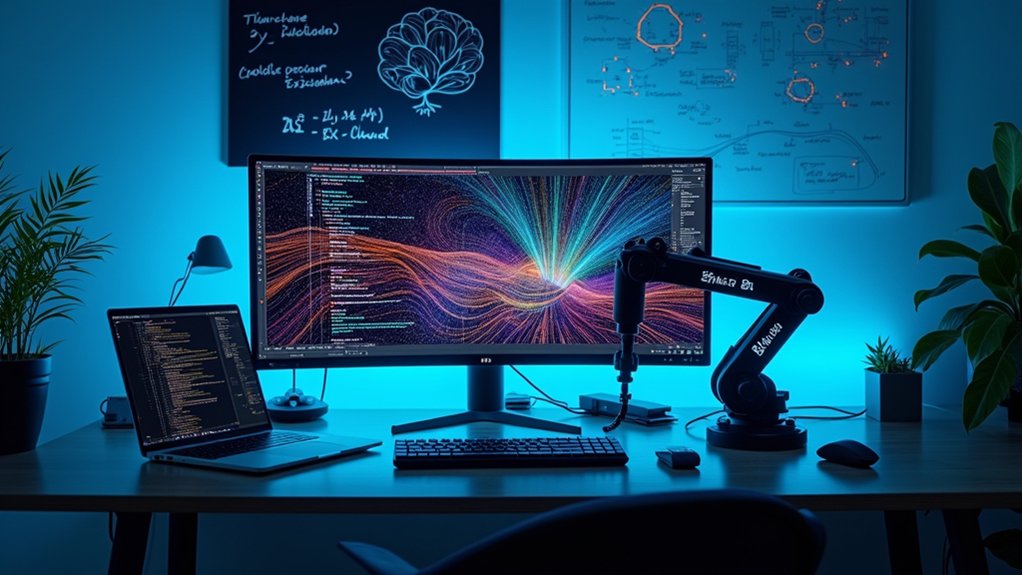Google uses several AI systems across its products. Gemini is their latest model with multimodal capabilities. BERT and MUM power search functions, delivering better results for complex queries. LaMDA handles conversational AI in tools like Bard. Vision AI analyzes images in Google Photos and Lens. DeepMind develops specialized technologies like AlphaFold and AlphaGo. These systems work together to enhance Google's services in various ways.
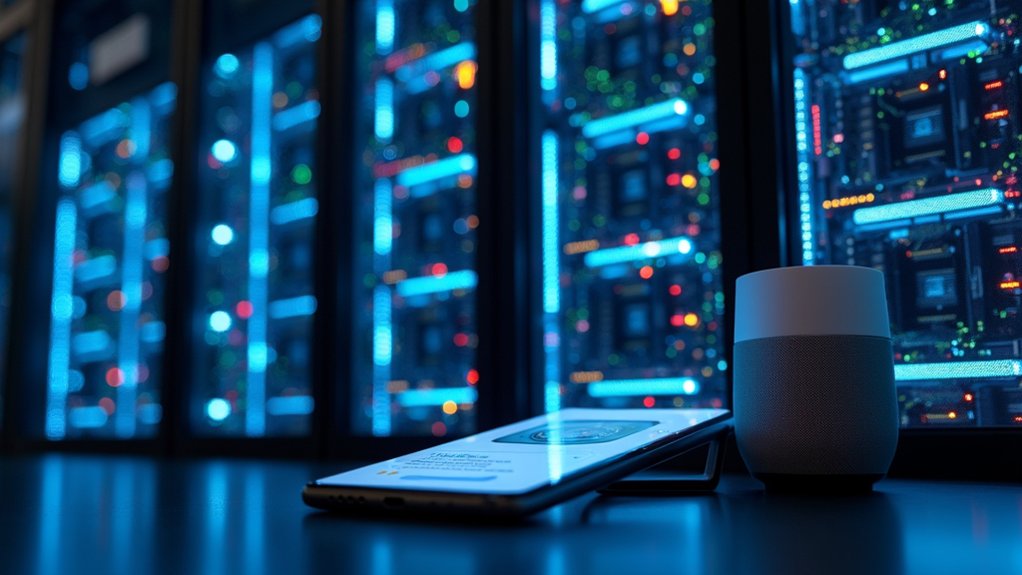
Google, a tech giant with global influence, uses several powerful AI systems across its many products and services. These AI technologies help Google deliver fast and useful results to billions of users worldwide every day.
Gemini AI is Google's latest large language model. It powers many Google products including Search, Gmail, and Docs. Gemini can understand and work with different types of content like text, images, video, and audio. As a multimodal AI model, it can seamlessly process multiple content types simultaneously, giving it advantages over competitors. It replaced older models like LaMDA and PaLM, and users can access it through Google Cloud and Google AI Studio.
Gemini AI seamlessly integrates across Google's ecosystem, processing multiple content types while making advanced AI accessible to users everywhere.
When you search on Google, you're using BERT, an AI that helps Google understand what you're looking for. BERT has been part of Google Search since 2019. It improves featured snippets and ranks passages better by understanding the context of words in your search query.
For more complex searches, Google uses MUM, a model that's 1000 times more powerful than BERT. MUM can process both text and images at the same time and works across 75 different languages. This helps Google provide better answers to difficult questions.
LaMDA is Google's conversational AI that powered Bard, Google's chatbot. It's designed for natural, open-ended conversations and was trained on dialogue and web documents to provide factual responses.
Google's Vision AI recognizes and analyzes images in Google Lens and Google Photos. It can identify objects, faces, and text in pictures.
When you use voice search or Google Assistant, you're using Google's speech recognition AI, which converts your speech to text accurately, even with background noise. Google Assistant has faced privacy concerns as it sometimes activates without the "OK, Google" prompt, raising questions about data collection practices.
Google's newer search feature, A.I. Overviews, generates topic summaries while keeping traditional search results visible below.
DeepMind, a Google research lab, develops cutting-edge AI like AlphaFold for predicting protein structures, AlphaGo for mastering complex games, and WaveNet for creating realistic computer speech.
These advanced technologies solve problems in science and other fields while helping improve Google's products.
Frequently Asked Questions
How Much Does Google Spend on AI Research Annually?
Google's annual AI research spending has grown considerably. For 2025, the company plans to invest $75 billion, a 40% increase from 2024.
In Q2 2024 alone, Google spent $13.2 billion on AI efforts. The company has invested approximately $60 billion in AI development through 2024.
This spending reflects Google's commitment to maintaining leadership in the competitive AI sector amid rising demand.
Can Individuals Access Google's AI Models for Personal Projects?
Yes, individuals can access Google's AI models for personal projects.
Google AI Studio offers free access to Gemini models with specified usage limits.
NotebookLM is available at no cost during testing for research and writing tasks.
Google Workspace users can integrate AI tools into documents and presentations.
For more advanced features, the Google One AI Premium Plan costs $19.99 monthly and includes Gemini Advanced.
How Many Employees Work on Google's AI Development?
Google employs over 2,600 people at DeepMind, its main AI research division.
The company has more than 200 full-time staff dedicated to responsible AI practices. Since 2019, over 32,000 employees have completed AI Principles training.
Google's AI teams work across multiple countries including the US, Canada, France, Germany, and Switzerland.
The company recently expanded with a new AI research center in Bulgaria.
What Ethical Frameworks Guide Google's AI Implementations?
Google's AI implementations are guided by its AI Principles, published in 2018. These principles focus on creating socially beneficial AI that avoids unfair bias.
Google commits to privacy, security, and won't develop AI for weapons or surveillance that violates norms. The company conducts risk assessments before launching AI systems and tests for fairness and safety issues.
External partnerships with academics and NGOs provide additional ethical oversight.
Which Google AI Technologies Have Faced Regulatory Challenges?
Several Google AI technologies have faced regulatory challenges.
The EU fined Google over its search algorithms favoring its own services.
DeepMind's access to healthcare data raised privacy concerns.
Project Maven, which analyzed drone footage, sparked ethics debates among employees.
Google's facial recognition systems have been criticized for bias issues.
Voice assistants like Google Assistant face scrutiny over data collection practices.
